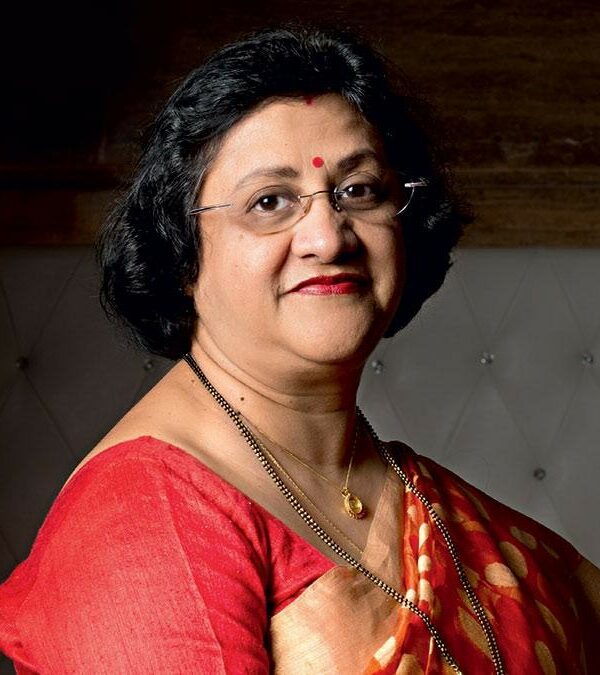What bleeds inside?
“I tried.. I’m trying.. Every day and in every way.. Not to think.. Not to wonder.. Gave it reason, every possible explanation! Trying to understand myself and the situation… I’m running.. To escape this feeling… This pain in my heart and how hollow it feels! I feel empty. Everything hurts.. I feel lonely. Alone.. Who will understand? Will they think I’m MAD? I’m crying; mostly on the inside.
Where am I? Where am I headed? Where do I go?”
Recently, bollywood’s reigning Queen, Deepika Padukone came out in the open and discussed about her struggle with depression and anxiety even when she was winning awards and accolades. She spoke how she got stuck in a downward spiral of negative thinking, feeling empty and directionless. This was an eye-opener and forced many to think about what depression is?
It’s a wrestle within!
Mental health issues are tricky and complex and depression too is precarious in nature. It’s difficult to understand the symptoms of depression and unclog the causes. Unlike physiological problems, mental health problems lack physical symptoms. It gets difficult to understand what is happening and where is it coming from as each of us are unique in our thoughts, emotions and actions.
The Fact is that Life is not a bed of roses for anyone. We all have some low phases every once in awhile. But, depression is different. It’s a persistent on-going feeling of emptiness which in turn affects one’s functioning and wellbeing. It’s a downward spiral, affecting our mood, body, mind and even behaviour.
The gloomy picture of depression can be painted with colours of low mood, sadness, hopelessness and helplessness. From the reduction in taking pleasure in the activities of interest, to poor concentration even in some of the basic tasks; depression takes a strong grip on our daily functioning. Feelings of loneliness, remorse and failure haunt constantly. In this situation, thinking becomes negative and one feels confused and takes time in taking decisions. Physically also, the energy level is low, followed by laziness, poor or excessive sleep pattern and a small appetite.
However, Mental health is not just related to problems related to daily functioning ; it is also concerned with maintaining a healthy wellbeing. Are we able to do what we are capable of doing? Some find it easy to mask depression by fulfilling their social expectations. Here, lies the risk that one may adapt unhealthy ways to tackle hurtful thoughts. Alcohol, smoking, drug abuse, overeating, indulging in excessive sexual behaviours, meaningless relationships, self harm and even suicide seem comorbid with depression.
It’s like the Pandora’s Box!
Research suggests that depression is a common mental health issue thriving in our ‘developing’ society today. One in every ten people is said to experience depression at least once in their lifetime. Though, there is no gender or age discrimination with depression, but recent attention and research indicates that young women in the age group (16 – 30 years) are more susceptible.
As a Psychologist, I have often heard women say, “I haven’t gone through any abuse or trauma, then why this?” or “I have had a normal childhood, so how can I have depression?” It is not always this dramatic ladies !!
The rip-roaring hormonal fluctuations and bodily changes are due to increased sexual activity after marriage; child birth complications and the often conflicting roles that women play in the family and at work. Such societal pressures along with putting up with sexism can make one vulnerable.
More generally, the ‘progressive’ society that we are a part of often raises our expectations we have from life. Living with a need to earn a buck in this competitive society and stuck in the commercial sea of desires; we are appearing to lose sight of true happiness. We often find ourselves stuck in an alienated isolated and an inauthentic environment, resulting in increased stress levels. The robotic nature of life – with a lack of purpose and passion leads to a meaninglessness existence.
Personally, the unrealistic expectations from marriage and limited tolerance of women these-days can cause a drift in relationships, further disrupting the support system needed to manage the stress levels. Some unfortunate circumstances and lack of a healthy support system can further affects one’s resilience to get stuck in the rut.
It’s in the attitude!
“I’m so depressed” , “This is so depressing”, “She’s in depression”
Sounds Familiar?
These are common statements which reveal that how frequently and interchangeably, we use the word ‘depression’ in our daily conversations. We use it to refer to boredom, loneliness, sadness or even when a person is just talking about something unusual . We exaggerate the condition and reinforce it within ourselves when we use the word ‘depression’. Also, even while dealing with a loved one who maybe undergoing depression, one must be mindful that he/she is undergoing depression, it does not mean she is a depressed person in general. These are two different situations, just like when we have cold; it doesn’t mean that we are cold.
Surprisingly, our society has a rather dichotomous approach towards depression as a mental illness. On one hand, there is an over-enthusiastic use of the word ‘depression’; and on the other hand, we refuse to understand it, accept it, acknowledge it or do anything about it.
It is disheartening to know about the limited approach to treat depression. To solve any problem, we need to see it clearly with an open mind and take proactive steps to challenge it. One needs to assess the the conditions on various parameters like realising one’s potential, identifying the strengths, practicing gratitude, expressing and appreciating kindness, developing and providing a healthy support system, engaging in meaningful positive connections, cultivating empathy, optimism and also knowing when to seek help are ways to effectively deal with circumstances. There is no stigma in taking charge of one’s life.
It is NOT OK to be sad.
It is NOT OK to ignore myself.
It is NOT OK to just survive.
Contributed by :
Astha Ahluwalia,
Consultant Psychologist












